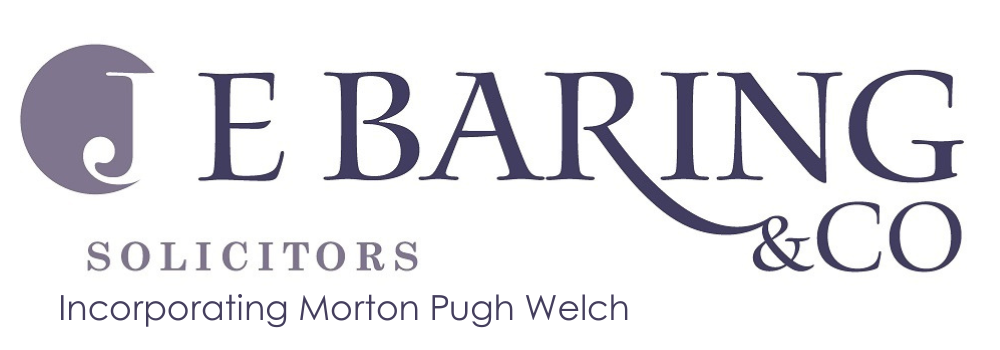Property Law – Commercial Property Leases Advice
The starting point for any discussion or advice about commercial property leases is that, in essence, everything is negotiable. Without good and experienced advice, especially where you are a first time commercial property tenant, it is all too easy to be pressurised by a Landlord or letting agents or advised that you can’t negotiate because you have been offered an industry standard lease.
So the starting point as regards full repair and insure leases is to consider the commercial realities. How much do you want the property? Who is in the better negotiating position? How long is the lease? What type of property is it – are you taking the whole building or are there many other tenants also? Is the property in good condition, externally or internally?
Aside from the issue of how desirable the property is, which is key, the most important single issue is probably the length of the term. The longer the lease, the more reasonable it is for the landlord to want you, as tenant, to assume responsibility for all or most aspects of the property.
Caution should always be exercised however, because taking on full repair responsibility can prove very expensive – what if the roof of the building needs significant repair for example? That can cost a lot of money.
Full repairing or limited liability ?
Whilst your landlord, or the agent, may be accurate in telling you that most leases are FRI leases, this doesn’t tell the whole story, as there are also variations which may apply to the general principle.
For example, a tenant may have overall responsibility such that a lease can be characterised technically as FRI, but it may be that:-
- it is an internal FRI lease only
- there is an overall financial cap on tenants contribution
Keep or put and keep in repair?
Even if, as tenant, you agree to a full repair lease, you ought to be very careful about huge pitfalls which can be in the wording of a lease. A repair clause which requires you, as tenant, to “put” premises into repair at the outset, rather than keep the premises to the standard they are when you start, is to be avoided strongly. A schedule of condition, preferably prepared by a reputable surveyor, with accompanying report, is always recommended, and this should not just focus on superficial issues. It’s a lot cheaper to paint and decorate or replace carpet than it might be to overhaul or replace an air conditioning unit or perhaps a lift even.
With commercial property leases, other areas to be particularly wary about, especially with a full repairing obligation, include:
- chimney problems
- roof problems
- valley gutter problems
- skylight/roof window problems
- gutters and downpipe problems
- structural movement and cracking
- has the property had an asbestos survey ?
- does the premises comply with the Equality Act and accessible for disabled people ?
- damp
Multi occupancy FRI
It is possible that with a long lease, typically in an office block, the leases may still be FRI leases, but effectively with each tenant paying a proportion of overall costs, mostly through service charges.
Solicitor as negotiator
Lawyers have their own style, but commercial property is an area where, for me, the lawyers skills and experience, as a negotiator, are as important as technical legal skills such as drafting. Some lawyers I know refuse to get involved in the lease negotiations, insisting only that they will draft and negotiate the legal wording once the overall terms have been agreed.
I can only say that, for me, a client is better served by having a lawyer who, where needed, can assist with the negotiations, based on experience and being able to justify arguments against accepting full repair obligations based on sound and sensible points having been there. seen it and dome it when things go wrong for the tenant. Personally, I am happy to assist with negotiations as required by a client.
If you need advice on any aspect of commercial property law please get in touch on 020 7 242 8966 or email me
